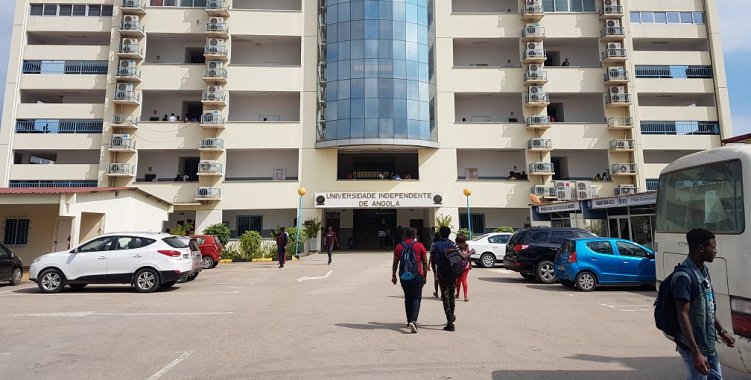Eugénio Silva, who was speaking to Public Television, revealed that for this academic year, 38,300 fewer places were distributed among the 106 higher education institutions than those made available in the previous year, since of the 230,000 places open in the academic year 2023/2024, only around than 74,000 were completed, or less than a third.
The Secretary of State said that 191,700 places are available for the 2024/2025 academic year, which officially starts on September 30, 27,900 for the 31 public institutions and 163,000 for 75 private ones.
The state Secretary of Higher Education said that the 230,000 vacancies available in the previous year had only 227,000 applicants, while private institutions, with 200,000 vacancies, received 117,000 applications and public education, with 29,000 vacancies available, received 109 thousand.
“For each vacancy in public education we had around four candidates, whereas in private schools there is not enough one candidate per vacancy”, he said.
According to Eugénio Silva, the basis for this weak adherence may be the loss of purchasing power.
“Because they have to pay fees, and they are a cost that many young people cannot bear, hence the reason why demand has reduced. There is also the fact that, for vacancies intended for courses in the areas of engineering and technology, there are few candidates, because they avoid mathematics and physics, and prefer to apply for courses in social sciences and humanities, which occupied around 48 to 50 percent of available vacancies”, he emphasized.
Regarding the state of higher education in Angola, Eugénio Silva stated that it has been evolving and showing levels of improvement in many aspects, stressing that a legislative framework has been created to regulate most of the processes to which institutions are subject, such as the student access, curricular standards for preparing the curriculum, the status of the teaching career, the status of the researcher's career, the evaluation of teaching performance.
An investment has also been made in training institutional managers, continued the government official, in addition to efforts to improve infrastructure and human resources.
Eugénio Silva highlighted that they intend to increase the teaching staff, with a new competition for career admission, to fill around 895 vacancies, at the level of assistants and professors.
In higher education, according to Eugénio Silva, there are challenges in access, to ensure that better candidates enter, and the increase in vacancies and courses for a more diversified training offer. Last year, five new private institutions were created and it is expected that With better conditions, new undergraduate and postgraduate courses could emerge, he highlighted.
With financial support from the European Union of 11 million euros, said the official, a commitment is being made to create master's and doctoral courses in the country.
“The other challenge is also to increase the number of internal scholarships to support deserving, needy students,” he highlighted.
The academic year begins on September 30th and the official opening ceremony will take place in the province of Cabinda, on October 4th.







